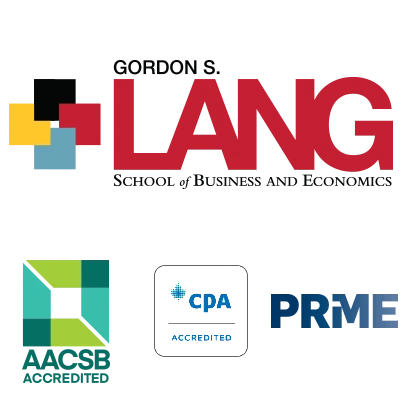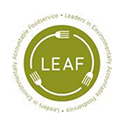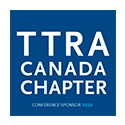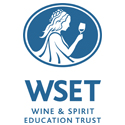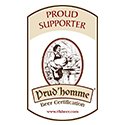Contrary to simple random sampling [1] and stratified sampling [2], where single subjects are selected from the population, in cluster sampling the subjects are selected in groups or clusters. This approach allows to overcome the constraints of costs and time associated with a very dispersed population. Let us assume you wanted to conduct interviews with hotel managers in a major city about their training needs. You could decide that each hotel in the city represents one cluster, and then randomly select a small number, e.g. 10. You would then contact the managers in these 10 properties for interviews. When all units of the selected cluster are interviewed, this is referred to as "one-stage cluster sampling". If the subjects to be interviewed are selected randomly within the selected clusters, it is call "two-stage cluster sampling". This technique might be more appropriate if the number of subjects within a unit is very large (e.g. instead of interviewing managers, you want to interview employees).
You could also combine cluster sampling with stratified sampling [2]. For instance, in the above example of wanting to interview employees in randomly selected clusters, you might want to stratify the employees based on some characteristic deemed most relevant to your study (e.g. seniority, job function, etc.) and then randomly select employees from each of these strata. This type of sampling is referred to as "multistage sampling".
